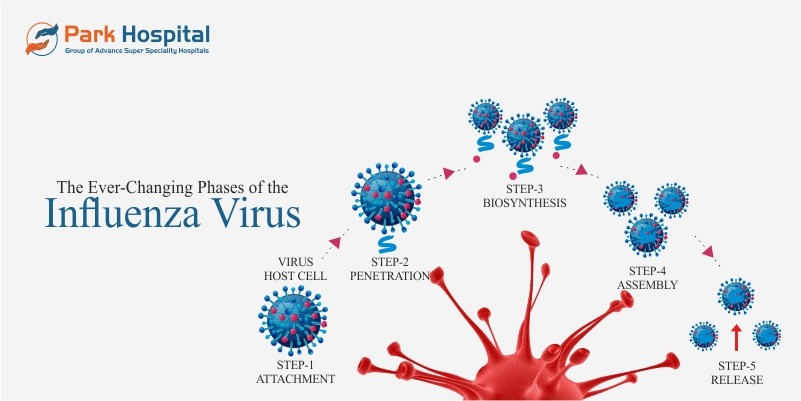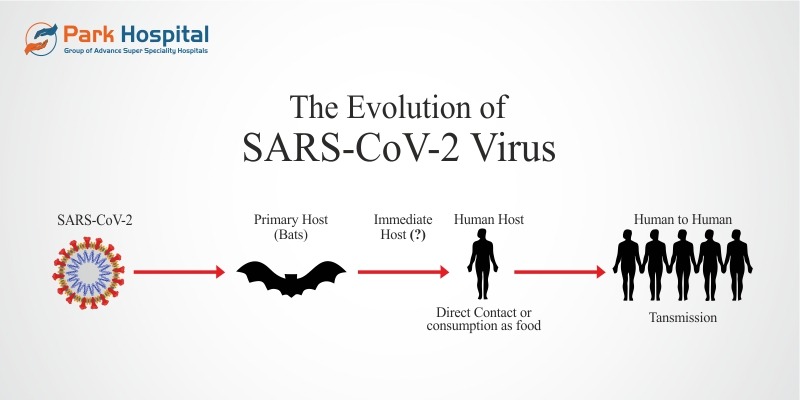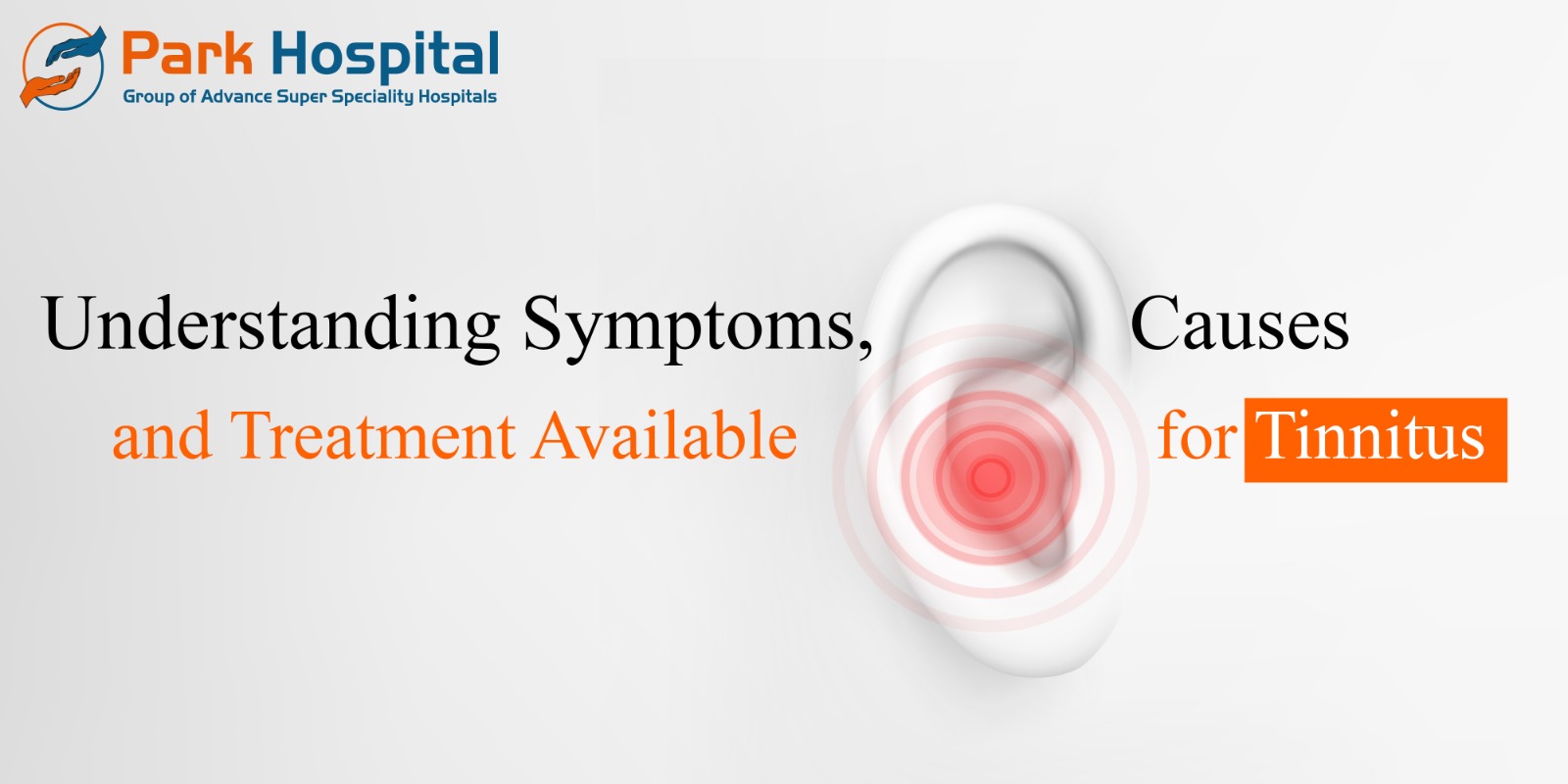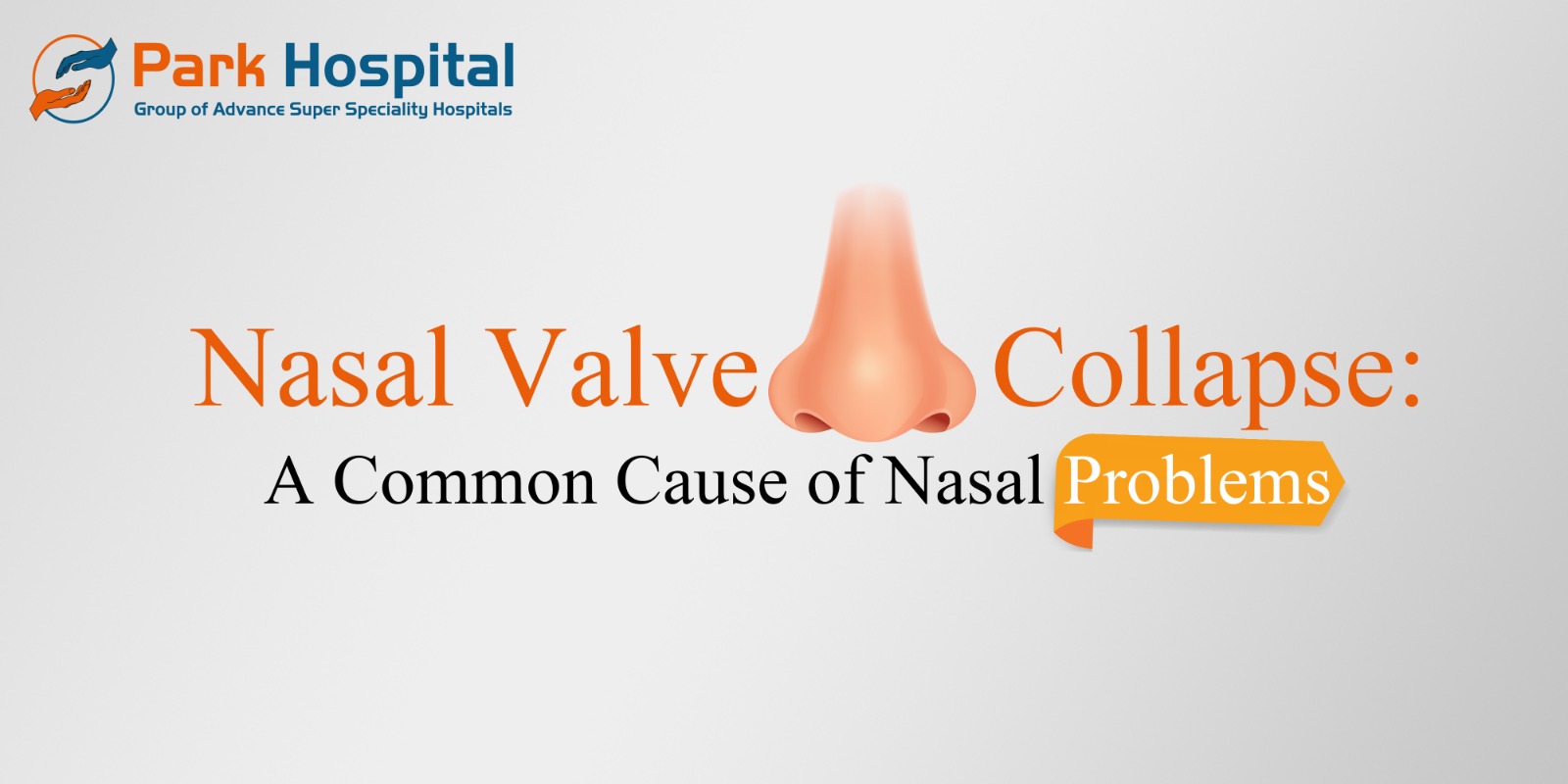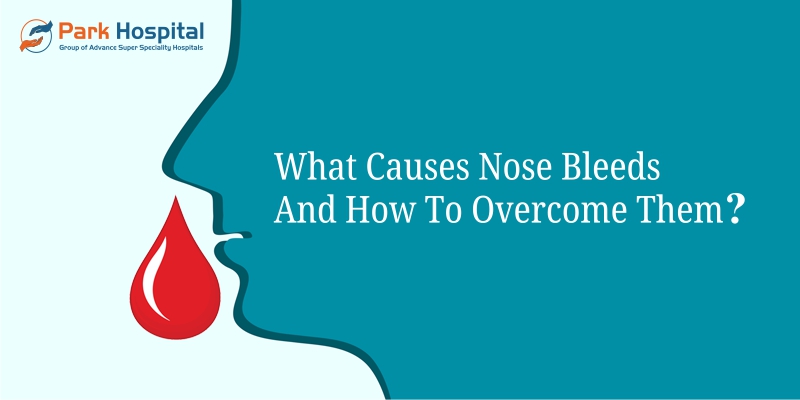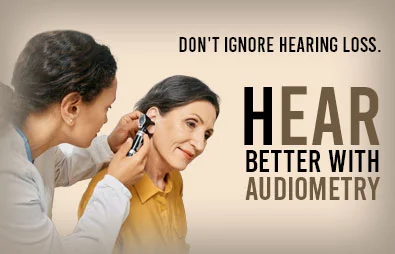What is chronic sinusitis?
Chronic sinusitis is a persisting inflammatory condition of one or more sinuses for more than 12 weeks and is more common in all age groups. Most chronic sinusitis cases are seen to have developed following an acute sinusitis infection.
What are the causes of chronic sinusitis?
Some causes of chronic sinusitis are �
Cold and flu-like illnesses � cold and flu viruses may spread to the sinuses causing a viral sinus infection. In these cases, a secondary add-on bacterial infection follows that makes the infection worse and can be prolonged to cause more damage to the sinuses.
Dental infections may spread to the maxillary sinus from the infected tooth.
Poor drainage of affected sinus
Buildup of mucus in the sinus
Inflammatory changes to sinus lining as a result of infection
Seasonal allergy
Smoking and exposure to secondhand smoke
Nasal polyps
Weak immune system
Chronic sinusitis may present (1) without nasal polyps (2) with nasal polyps, and (3) with allergic fungal rhinosinusitis.
What are the effects (symptoms) of chronic sinusitis?
The main symptoms are as follows �
Purulent drainage (green or yellow nasal discharge)
Facial or dental pain (aching, fullness, or pressure-like pain)
Nasal obstruction (that causes breathing difficulty)
Hyposmia (decreased sense of smell)
Nasal bleed on & off
Post nasal dip
If any two of the above four symptoms persist for more than 12 weeks then it is called chronic sinusitis. The other symptoms include headache, ear pain, bad breath, dental pain, cough, or fatigue.
When should you seek medical treatment?
If you are suffering from severe symptoms of chronic sinusitis such as severe headache or facial pain lasting more than 10 days and with fever for more than 3-4 days then you require to see a doctor for medical attention.
What are the treatment options available for chronic sinusitis?
Treatment of chronic sinusitis is focused on modulating the triggers (risk factors), reducing inflammation, and treating the infection.
Trigger reduction � identify the environmental triggers that cause allergy and avoid
Medical management �
8 to 12 weeks of nasal steroids with or without nasal saline irrigation
High-volume nasal saline irrigation is preferred over low-volume nasal spray techniques.
Antihistamines to correct the allergy
Decongestant nasal drops to relieve a blocked nose for not more than 5-7 days at a time.
Antibiotics for 3 weeks
Nasal polyps � treated with topical nasal steroids. In cases of non-responsiveness even after 12 weeks, oral steroids could help.
Surgical management �
for those patients on whom medical management was proved futile, a functional endoscopic sinus surgery (FESS) could be helpful. In cases of severe chronic sinusitis, surgery could be an adjunct to medical management. The main purpose is to clear the obstruction, restore drainage and ventilate the sinuses to facilitate breathing.
Recent technique is balloon catheter dilation of paranasal sinus Ostia. Here, a small balloon is pushed into the nostril into the blocked sinus and is inflated so that blockade is relieved, and restoration of sinus drainage.
Conclusion
Although chronic sinusitis is not fatally complicated by itself, if untreated for infection, it could spread to the brain causing meningitis that could be fatal. Children are more prone to chronic sinusitis than adults for chronic sinusitis and its complications.
If you are suffering from chronic sinusitis, do not worry, visit Park Hospital. They have the best ENT doctors to treat any ENT Conditions. Equipped with the latest technologies they have the most advanced ENT Treatments available.


